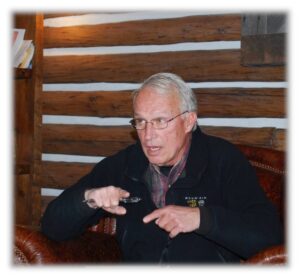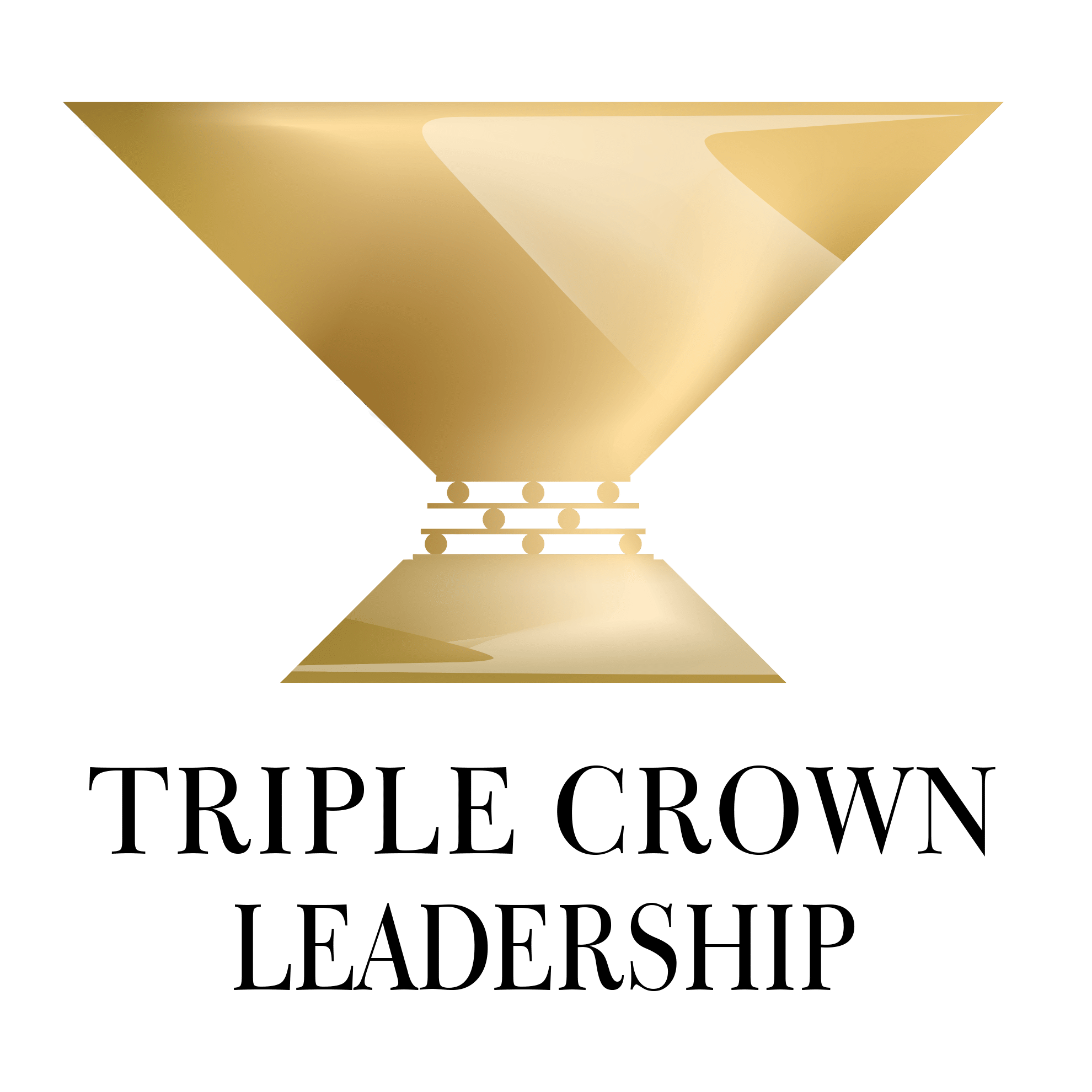“There are two things people want more than sex and money—recognition and praise.” -Mary Kay Ash, founder, Mary Kay Inc.
It’s not enough to recruit and develop exceptional people. Triple crown leaders—ones who build excellent, ethical, and enduring organizations—must also recognize, celebrate, and reward them effectively through their culture.
How Leaders Can Reward People
Smart leaders design compensation systems to include not just “pay for performance,” but “performance with integrity,” as Ben Heineman from GE used to call it. He noted how GE anonymously surveyed all its people, asking whether the company cut ethical corners to make its numbers. The company assessed leaders against their peers, using a matrix of open audit and environmental issues, among other things.
Despite good intentions, many compensation systems incentivize the wrong behavior. Michael Critelli, former chairman and CEO of Pitney Bowes, told us, “Occasionally integrity issues are a problem due to ‘bad apples,’ but often they are the result of giving people financial targets with compensation incentives that they cannot meet honestly.”
In our research of 61 organizations in eleven countries to find the best practices to be excellent, ethical, and enduring, we often found that organizations based their financial rewards and even promotions, not only on individuals “making their numbers,” but continually and visibly operating according to the shared values of the organization, especially ethically. For example, Zappos based its performance reviews 50% on making one’s numbers and 50% on operating in accordance with their shared values. Such commitment transforms how people work.

Alignment Scorecard
When organizations aren’t aligned, it can reduce performance dramatically and cause frustration and dysfunction. With this Alignment Scorecard, you can assess your organization’s level of alignment and make plans for improving it.
How Leaders Can Recognize People
Many leaders don’t recognize their people nearly enough.
Recognition can range from awards and praise in the presence of peers at special meetings to small gifts or a “wall of fame” with pictures of high performers. It can be as simple as personal visits and handwritten thank-you notes from a manager or executive. Recognition—ideally coupled with creativity and fun—is an essential building block of a high-performance culture.
Too often, workplaces are sterile. They lack life and heart. True connection between people as part of a larger shared purpose is absent. The work, sadly, is joyless.
What a shame. We spend a huge portion of our time at work. Triple crown leaders build a strong culture, rife with recognition and rewards for hard work and accomplishments.
Recognition is especially important for front-line or remote employees who often bear the brunt of complaints from outsiders. Think of your salespeople, service personnel, customer support staff, call center workers, and more. Today’s remote, Zoom-heavy world demands that organizations periodically assemble their employees in person (with appropriate health and safety protocols during the pandemic) to recognize and appreciate them and to build the relationships that are so essential. The costs of such periodic gatherings pale by comparison to the benefits gained.
How Leaders Can Celebrate People
Smart leaders also build celebrations into the rhythm of their organizations. Again, many leaders don’t celebrate their team nearly enough.
In their book, Corporate Celebration: Play, Purpose, and Profit at Work, Terrence Deal and M. K. Key note different types of celebration at work:
- Cyclical celebrations: seasonal themes, key milestones, corporate anniversaries
- Recognition ceremonies: public acknowledgement for a job well done
- Celebrations of triumph: special occasions for accentuating collective accomplishments (e.g., new office or product launch)
- Rituals for comfort and letting go: loss of a contract, layoff of employees
- Personal transitions: entrances and exits
- Workplace altruism: doing food for others and promoting social change
- Play: games and events, fun

Leadership Derailers Assessment
Take this assessment to identify what’s inhibiting your leadership effectiveness. It will help you develop self-awareness and identify ways to improve your leadership.
Recognition and Celebration in Action: Monarch Week

Years ago, Bob was the new CEO of Monarch Marking Systems, a provider of labeling and packaging systems, in Dayton, Ohio. The company had an annual summer picnic for workers and their families held at a forest preserve on a Saturday. It wasn’t very popular.
Monarch also held a Saturday open house occasionally for the families of employees to come into the facility to see where Mom or Dad worked. Not many people came.
Bob gathered some of the HR leaders to brainstorm what they could do better. They had fun brainstorming ways to make it more fun and meaningful.
They decided to leave the employee-created displays about their departments open all week and the following Saturday. During the week, employees would be free during their workdays to visit any or all the other departments to learn what they did. The only requirement was that the work of each department could not suffer.
Many managers feared orders would not get shipped, or bills paid, or worse. Many of the employees were thrilled and got to work designing departmental displays and tours to describe what they did.
The initial Saturday open house was still mildly attended. During the week, though, there was a buzz about the departmental displays. There were many visits to other departments where people learned what really went on in other parts of the company. Several displays were creative and fun.
It was eye-opening. People from different departments got to talking, and they started learning about each other and what they did. All the teams got their work done on time that week. People liked being trusted.
More Than Just a Picnic
The following Saturday, the newly designed company picnic was set up on the large back lot of the facility which housed the company headquarters and factory. It wasn’t just a picnic.
Bob and the HR leaders had gone wild with ideas. The Saturday activities included open tours of the departmental displays; a 5K walk; a 10K run; a carnival for the kids; hot-air balloon rides; a dunking tank (Bob got dunked often); craft booths for employees to display their creative skills; and an early evening show by workers with some performance skills or interests. A flat-bed truck served as the stage. On that warm summer evening, as the sun went down, something magical happened.
Someone played a banjo. Another an accordion. A barber shop quartet sang in harmony. A fun group of employees had written a company song, recorded it, and sang it on the truck bed. Hundreds of employees and their families listened, enthralled. They loved it, in part because they had no idea how talented, creative, and fun their colleagues were.
A woman who worked in the factory performed the final number. She was exceptionally small and had always been noticeably quiet and shy. Most people didn’t really know her. She sang a beautiful love song in a strong voice. Her singing hung in the air as people grew quiet. Tears started welling in people’s eyes. People flooded her with love and appreciation, stunned by her gifts. It helped her come out of her shell in the years that followed and connect more with her colleagues.
Deep Connections and a New Beginning
Monarch Week was a stunning success. People connected deeply with each other. They appreciated learning about the work in other departments and the unique skills their fellow workers possessed. It gave them a new perspective on the business and their work. So it started to feel more like a family.
It was one day, but its effects resonated long after. That day was the beginning of a host of other activities that transformed the culture of Monarch.
And that week was transformative for Bob too. It showed him how wonderful, creative, and passionate employees could be if trusted and unleashed to achieve their potential—and if given more opportunities to connect with and learn from each other.
Reflection Questions
- Does your organization recognize and reward people well?
- Does it celebrate enough?
- What more can you do?
- What are ways to recognize, reward, celebrate, and connect people even without a big budget?
Tools for You
- Leadership Derailers Assessment to help you identify what’s inhibiting your leadership effectiveness
- Personal Values Exercise to help you determine and clarify what’s most important to you
- Alignment Scorecard to help you assess your organization’s level of alignment

Personal Values Exercise
Complete this exercise to identify your personal values. It will help you develop self-awareness, including clarity about what’s most important to you in life and work, and serve as a safe harbor for you to return to when things are tough.
More Articles from Our Series on “Head and Heart” in Leadership—And Recruiting, Developing, and Rewarding People
- The Importance of Heart in Leadership
- How Great Leaders Recruit People with Heart
- Great Leaders Develop People Intentionally
Postscript: Inspirations on Recognizing and Celebrating People at Work
- “I have always believed that the way you treat your employees is the way they will treat your customers, and that people flourish when they are praised.” -Sir Richard Branson, founder of Virgin Group
- “When a manager recognizes an employee’s behavior, personally and sincerely, both feel proud, gratified, and happy. There’s a human connection that transcends the immediate culture to create a shared bond. The power of this bond is stronger than you might think; indeed, it’s the power that holds together great organizational cultures.” -Erik Mosley and Derek Irvine
- “Take time to appreciate employees and they will reciprocate in a thousand ways.” -Dr. Bob Nelson
- “People may take a job for more money, but they often leave it for more recognition.” -Dr. Bob Nelson
- “Employees who report receiving recognition and praise within the last seven days show increased productivity, get higher scores from customers, and have better safety records. They’re just more engaged at work.” -Tom Rath

Triple Crown Leadership Newsletter
Join our community. Sign up now and get our monthly inspirations (new articles, announcements, opportunities, resources, and more). Welcome!
++++++++++++
Bob Vanourek and Gregg Vanourek are leadership practitioners, teachers, trainers, and award-winning authors. They are co-authors of Triple Crown Leadership: Building Excellent, Ethical, and Enduring Organizations, a winner of the International Book Awards. Check out their Leadership Derailers Assessment or join their community and sign up for their newsletter. If you found value in this, please forward it to a friend. Every little bit helps!


